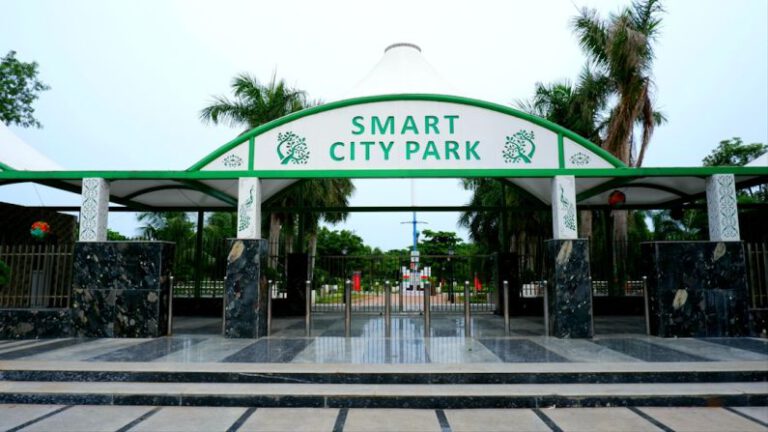What Are the Challenges of Building Smart Cities?
As urban populations continue to grow at an unprecedented rate, the concept of smart cities has emerged as a promising solution to address the complex challenges faced by modern societies. By integrating technology and data-driven solutions into urban infrastructure, smart cities aim to enhance efficiency, sustainability, and quality of life for residents. However, the road to building smart cities is fraught with various challenges that must be navigated to achieve successful implementation.
The Complexities of Urban Planning
One of the primary challenges in building smart cities lies in the complexities of urban planning. Traditional cities have evolved organically over time, leading to a patchwork of infrastructure and services that may not be easily adaptable to smart technologies. Retrofitting existing cities with smart solutions can be a daunting task, requiring careful coordination among various stakeholders, including government agencies, private sector partners, and residents. Balancing the need for technological innovation with the preservation of historical and cultural heritage poses a significant challenge for city planners.
Infrastructure Upgrades and Investments
Another major obstacle to building smart cities is the significant infrastructure upgrades and investments required to support advanced technologies. Smart cities rely on a robust digital infrastructure, including high-speed internet connectivity, sensor networks, and data centers, to enable real-time monitoring and analysis of urban systems. These infrastructure upgrades come with hefty price tags, and many cities face budget constraints that limit their ability to invest in the necessary technology. Securing funding for smart city projects remains a key challenge for city officials seeking to modernize their urban environments.
Data Privacy and Security Concerns
As smart cities collect an unprecedented amount of data from sensors, cameras, and other sources, concerns about data privacy and security have become a pressing issue. Safeguarding sensitive personal information and ensuring the secure transmission and storage of data are paramount considerations for smart city developers. The risk of cyberattacks and data breaches poses a significant threat to the integrity of smart city systems, potentially compromising the safety and privacy of residents. Addressing these concerns requires robust data protection measures, transparent data governance policies, and ongoing cybersecurity monitoring and response capabilities.
Digital Inclusion and Equity
An often-overlooked challenge in building smart cities is ensuring digital inclusion and equity for all residents. While smart technologies have the potential to improve access to services and resources, there is a risk of widening the digital divide if certain populations are left behind. Low-income communities, elderly residents, and individuals with limited digital literacy may struggle to benefit from the advances of smart cities, creating disparities in access to essential services and opportunities. To build truly inclusive smart cities, policymakers must prioritize equity and accessibility in the design and implementation of technology solutions.
Collaboration and Stakeholder Engagement
Successful implementation of smart city initiatives requires collaboration and engagement with a diverse set of stakeholders, including government agencies, businesses, community organizations, and residents. Building consensus among these groups can be challenging, as each stakeholder may have different priorities, interests, and concerns. Effective communication and transparency are essential to foster trust and cooperation among stakeholders, enabling them to work together towards common goals. City leaders must actively engage with the community to solicit feedback, address concerns, and ensure that smart city projects reflect the needs and aspirations of the people they serve.
Innovative Regulatory Frameworks
The regulatory environment presents another hurdle to the development of smart cities, as existing laws and policies may not always align with the rapid pace of technological advancements. Regulatory frameworks that govern data privacy, cybersecurity, land use, and public infrastructure must be updated to accommodate the unique challenges and opportunities presented by smart cities. Balancing innovation with regulatory compliance requires forward-thinking approaches that enable cities to leverage technology while safeguarding the interests of their residents. Policymakers must work collaboratively with industry partners and legal experts to develop agile and adaptive regulatory frameworks that support the growth of smart cities.
In conclusion, building smart cities is a multifaceted endeavor that demands careful planning, investment, and collaboration to overcome the myriad challenges that stand in the way. By addressing issues related to urban planning, infrastructure upgrades, data privacy, digital inclusion, stakeholder engagement, and regulatory frameworks, cities can pave the way towards a more sustainable and resilient future. While the path to building smart cities may be fraught with obstacles, the potential benefits of creating innovative, connected, and livable urban environments make the journey worthwhile.






